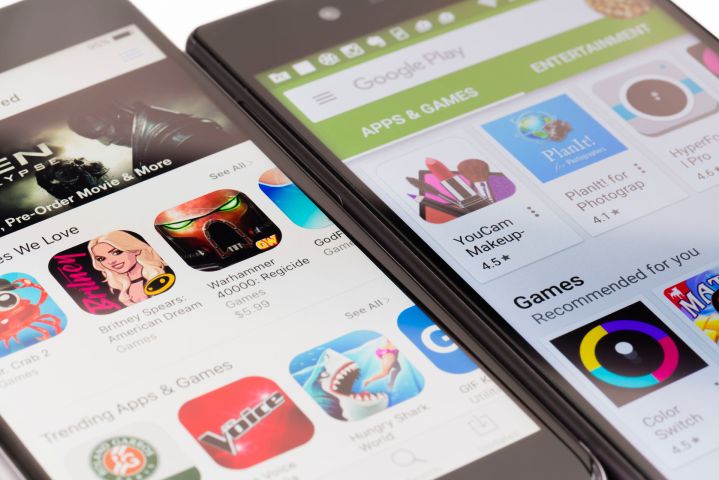In an effort to keep customers safer, Google Play is getting smarter. Google has released its Android Security report for 2017, which highlights machine learning as an increasingly better way to keep malicious software off your phone.
According to the report, as many as a whopping 60.3 percent of potentially harmful apps, or PHAs, were detected through machine learning in Google Play Protect, which is a service that’s enabled on any phone running Android 4.3 or later. Not only that, but Google expects the number of PHAs detected with machine learning to go up in the future.
Earlier this year, Google revealed that 700,000 apps had been removed from Google Play in 2017 for violating Google’s policies — but at the time it didn’t reveal too much about how those apps were detected in the first place. Now we know that it was Google’s implementation of machine learning that largely contributed to making Google Play safer. In 2016, 0.77 percent of devices had installed a PHA, compared to 0.56 percent in 2017. We can only assume that figure will be even better in 2018.
Play Protect certainly has its work cut out for it. The service automatically scans as many as 50 billion apps every single day — a practice that Google says led to the removal of a hefty 39 million potential harmful apps last year. While Play Protect scans your phone every day for potentially harmful apps, users can also have Play Protect scan their phones manually if they so choose.
It’s services like Play Protect that make Google Play a far safer app store than any third-party service out there. Unlike iOS, users can download apps from the web on Android, however Google recommends against downloading apps from other sources. In fact, according to Google, users who only download apps from Google Play are nine times less likely to get a PHA than those who get apps from third-party stores.
In general, Google has long fought the idea that Android is more susceptible to hackers than iOS — though it has faced an uphill battle considering the fragmented nature of Android. Still, reports like this show that the operating system is getting safer and safer — and that should only continue into the future.



